In early 1952, the Dong Bang Battalion (Division 320) obeyed the order of the General Command to enter Thai Binh , together with the people in the enemy's rear to fight the French. Enemy posts and watchtowers were uprooted in large numbers, and strong mobile troops were defeated in sweeps. The French soldiers, bodyguards, foreign legionnaires, security forces, and puppet militia disintegrated piece by piece.
Like other villages in this area, Tho Cach village, An Tho commune, Thuy Anh district (now Thuy Quynh commune, Thai Thuy district) was liberated. This is the hometown of young man Nguyen Duc Nhu. Excited like a bird released from a cage, Nhu and many other young men in the village eagerly joined the army. Nhu was admitted to Company 52, Battalion 346, Regiment 57, Division 304. After several months of training, Nhu participated in the Hoa Binh Campaign, as a gunner of a Borenno machine gun.
On the days before the New Year of the Horse (1954), Nhu's unit was ordered to march to participate in the Dien Bien Phu Campaign. The weather was bitterly cold, clothes were not warm enough, food was spartan and lacking... But the spirit of the whole unit was excited to be present in a big campaign. The daily work was very urgent: digging bunkers, fighting bunkers, artillery bunkers, making fake battlefields, cutting trees, chopping firewood, transporting rice and salt..., racing against time to be in time for the opening day of the campaign. Receiving gifts sent by the people: Chung cakes, cigarettes, tobacco, candies..., the soldiers suddenly remembered that Tet had come and understood that the rear was sending their trust, looking forward, waiting for the soldiers to win and make achievements.

Enemy positions on Him Lam hill were destroyed on March 13, 1954, the opening day of the campaign. Documentary photo
At the beginning of the campaign, Nhu's unit was assigned the task of destroying the enemy at the Him Lam hill base. The trenches were increasingly tightening around the enemy in the bunkers and bunkers. Many times they broke out but were pushed back and suffered heavy casualties.
Him Lam and Doc Lap bases were destroyed one after another; Ban Keo surrendered. The French artillery commander at Dien Bien Phu committed suicide. The entrance to the central area was opened. The machine gun, with Nhu as the main gunner, contributed to the victory in the opening battles. Two of Nhu's teammates remained in the squad and were later buried in Doc Lap Hill cemetery.
Nhu's unit went to the outer perimeter to reorganize the ranks, rested for a few days, then moved to fight in the A1 hill area. Nhu's company coordinated with the engineering troops, day and night digging a tunnel under the deep floor, while fighting the enemy. The tunnel grew longer each day, reaching deeper into the A1 bunker, with branch tunnels at intervals to poke holes for light and air. Although the enemy knew, they were helpless to neutralize their artillery. The tunnel grew deeper and farther, our troops used the enemy's parachute flaps that were dropped outside the fence to sew into bags, scooped up soil into the bags, tied ropes, and sent signals to people outside the tunnel door to drag the dirt and rocks out and dump them into the forest.
The work continued like that, for how many days and nights, Nhu could not remember clearly. The tunnel was dug, explosives were moved in, bag by bag, moved forever and ever. Later we learned that it was a ton of explosives brought into the tunnel, close to the central bunker of hill A1. The urgent order: "Everyone quickly get out of the tunnel and go far away from the door". A few dozen minutes later, a loud explosion shook the mountains and forests, as if the hill were cracking open. That was the explosion of 1,000 kg of explosives that Nhu himself had helped move into the tunnel. The gunfire and the roar of enemy tanks stopped. It was dawn on May 7, 1954.
The A1 hill stronghold, the enemy's throat, was destroyed. The airport, Muong Thanh bridge and De Castries's command post suffered the same fate at 5 p.m. the same day. On A1 hill, the cracked reinforced concrete bunker and the collapsed tank in front of the tunnel door were signs of the "Thousand-pound explosion" victory. In this battle, Nhu suffered a severe nervous shock, tinnitus and headaches, and more than ten years later he became completely deaf.
On the afternoon and night of May 7, 1954, the sound of bombs, planes, and enemy tanks fell silent. Instead, thunderous cheers echoed through the mountains and forests. Soldiers, laborers, and people of all ethnic groups hugged each other with joy. The mountains and forests seemed to shrink, the red fire lit up the sky of Dien Bien, illuminating the landscape. The entire Northwest mountains and forests did not sleep that night to celebrate the Great Victory.
(excerpt from the book " Echoes of Dien Bien", People's Army Publishing House, Hanoi, 2004)
According to People's Army Newspaper
Source


![[Photo] Solemn opening of the 12th Military Party Congress for the 2025-2030 term](https://vphoto.vietnam.vn/thumb/1200x675/vietnam/resource/IMAGE/2025/9/30/2cd383b3130d41a1a4b5ace0d5eb989d)
![[Photo] The 1st Congress of Phu Tho Provincial Party Committee, term 2025-2030](https://vphoto.vietnam.vn/thumb/1200x675/vietnam/resource/IMAGE/2025/9/30/1507da06216649bba8a1ce6251816820)
![[Photo] President Luong Cuong receives President of the Cuban National Assembly Esteban Lazo Hernandez](https://vphoto.vietnam.vn/thumb/1200x675/vietnam/resource/IMAGE/2025/9/30/4d38932911c24f6ea1936252bd5427fa)

![[Photo] General Secretary To Lam, Secretary of the Central Military Commission attends the 12th Party Congress of the Army](https://vphoto.vietnam.vn/thumb/1200x675/vietnam/resource/IMAGE/2025/9/30/9b63aaa37ddb472ead84e3870a8ae825)
![[Photo] Panorama of the cable-stayed bridge, the final bottleneck of the Ben Luc-Long Thanh expressway](https://vphoto.vietnam.vn/thumb/1200x675/vietnam/resource/IMAGE/2025/9/30/391fdf21025541d6b2f092e49a17243f)
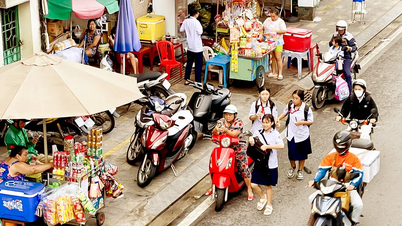

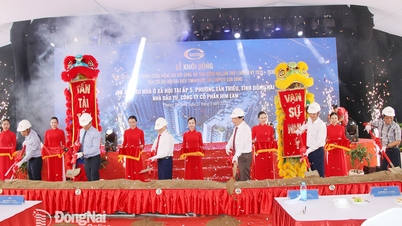

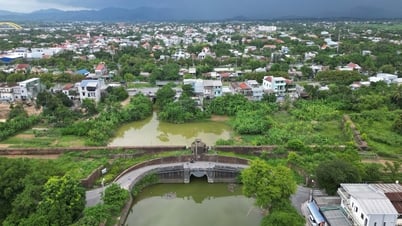





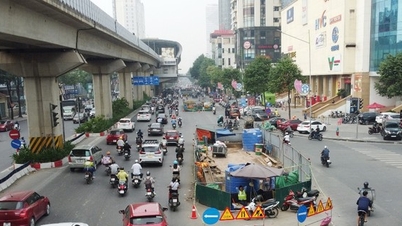




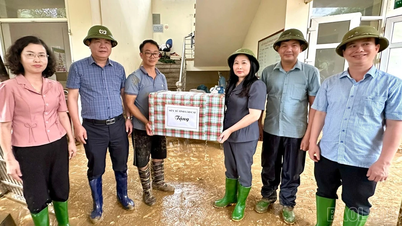
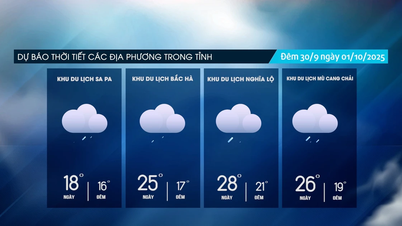
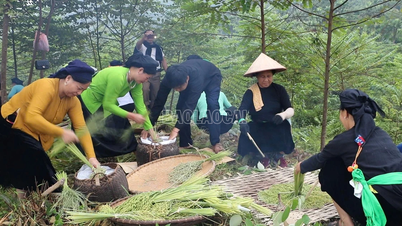
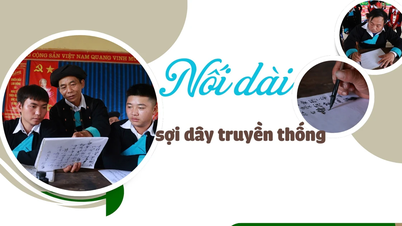






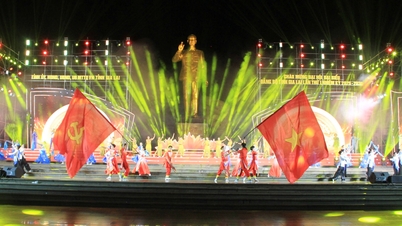
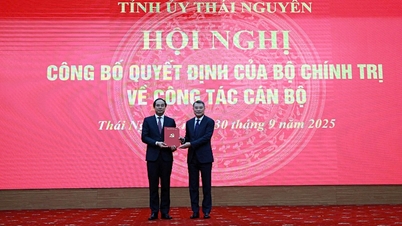














































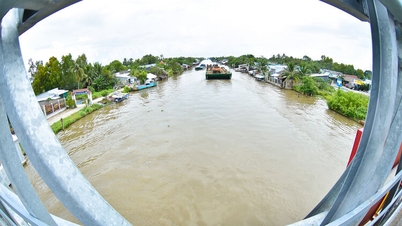


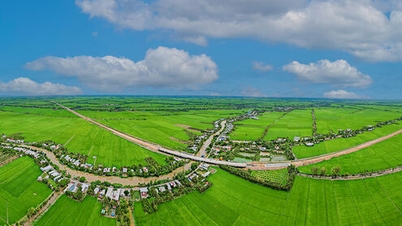
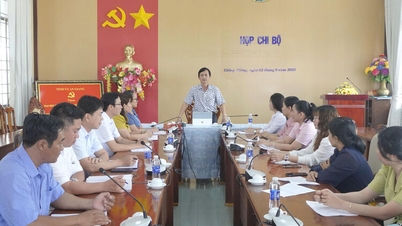
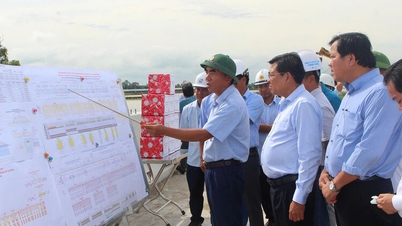














Comment (0)